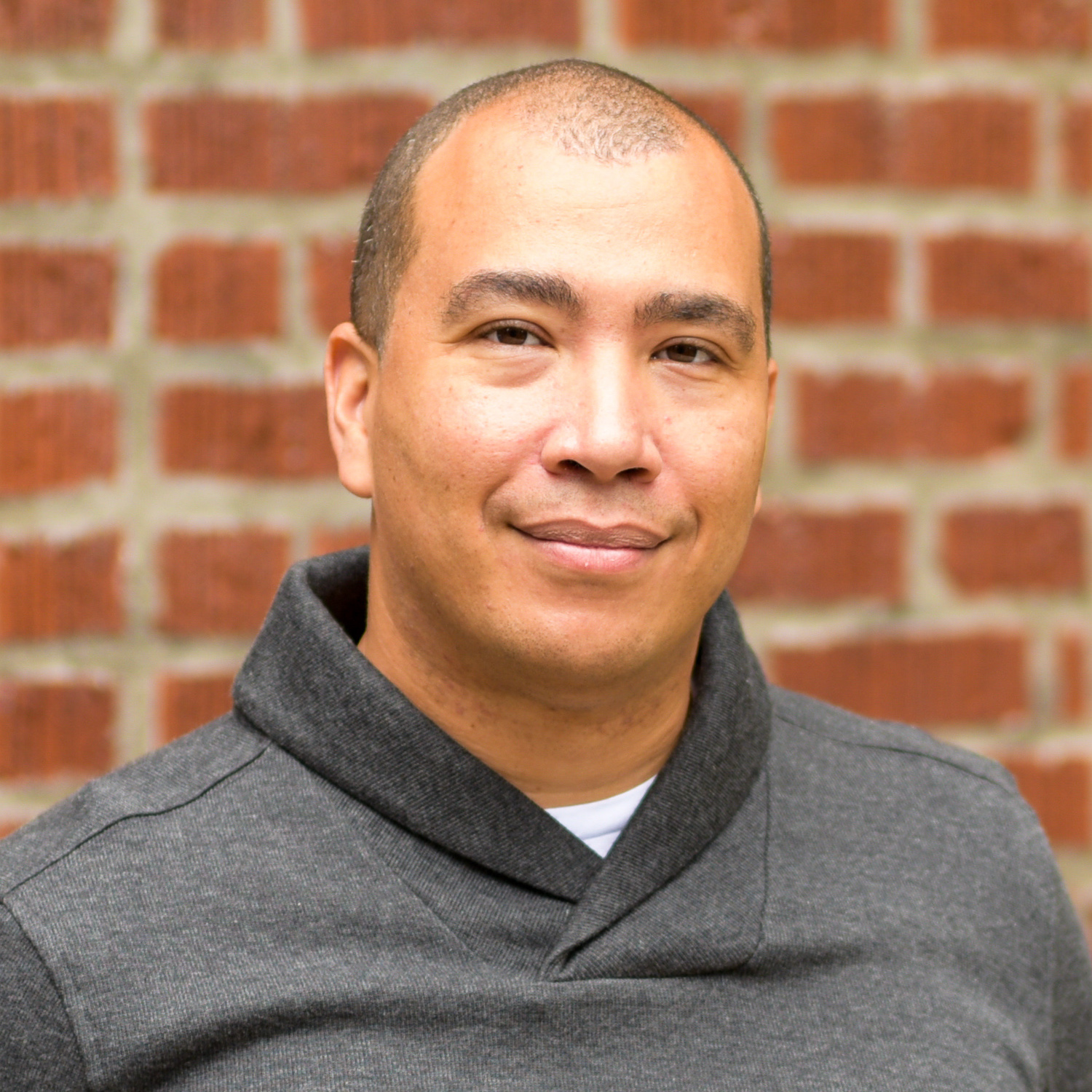Canvas your half-done creations, whether they are chapters half-written, paintings half-painted, business ideas half-formulated, or programs half-coded. How many of them are stuck at roughly the same spot?
I’ll bet that spot is where you started thinking about how you were going to sell or share that creation. I’ll wait here while you think about it…
Okay, we’re back. Let’s take a step back into why you started the creative process in the first place. Chances are, it probably had nothing to do with how you were going to share or sell the idea — it probably had everything to do with the fact that you were interested in playing with the idea. Something about the possibility of the idea dialed into that curious part of you and beckoned to be made into reality, and the rush from being in that nexus of possibility and actuality kept you immersed there, tugging at the conceptual ether like a midwife coaxing a newborn into the light of day.
But somewhere in the process, things got tangled. You labeled the idea and determined whether it would be sellable, or good, or bad, or worth the time, and the unseen cords you were pulling slipped through your grasp. Instead of coaxing the idea, you were left trying to pull it with no solid ground to stand on.
Sigh.
This is where the whole begin with the end in mind thing confuses people. As a creative, you’re not really creating because you’re trying to make money or share it with people — you’re creating because you enjoy creating. Let me say that again: the end of creating art is creating art.
(For simplicity’s sake, I’m calling every creative product ‘art.’ If you don’t think what you’re doing is art, think about your most inspired moments in the creative process and think about what word pops up. If you’re still unconvinced, substitute whatever creative thing you do in the place for ‘art.’)
Furthermore, creating art also helps you develop into the type of person that you want to be. Mind the form of the verb there: it is present tense intentionally. Creative people are not satisfied with having created something, really — they are most satisfied when they are creating something. That one fact alone explains why successful creative people keep creating well past the time in which it’s necessary for them to do so; they create because it’s a part of what makes them come alive.
The point here is that your art is for you. It’s your way of playing in the symphony of the universe, and whether or not anyone wants to hear it is neither here nor there. Create for yourself.
“But I’m trying to make money from my art!” you object.
I’m not saying you can’t sell it — I’m saying you have to create it first. And to create it, you have to create it for yourself. You have to be passionate about it. You have to be interested in it. You have to have your moment to cherish the newborn.
Keep in mind that a) you don’t have to sell it, and b) you’ll never sell everything you create. You may decide you want to keep it for you. You may be satisfied from a day spent in creative play. You may share it with someone, only to be surprised that they like it. Who knows?
But your art is for you.
Go back and review those half-baked ideas. Put a sign, physical or otherwise, on them that says “Not For Sale” or “Just For Me.” Give yourself room to play.
See what happens, but remember why you’re creating and who you’re creating for.
This post was also recorded as an episode for the Productive Flourishing podcast (listen below!). Hear more episodes and subscribe on iTunes here.
Charlie Gilkey is an author, business advisor, and podcaster who teaches people how to start finishing what matters most. Click here to get more tools that’ll help you be a productive, flourishing co-creator of a better tomorrow.
Originally published at journal.thriveglobal.com


